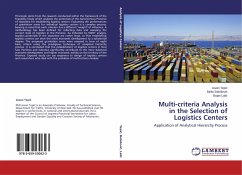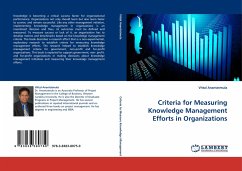The central argument of the book is that while scenarios have been in use for over 50 years and numerous scenario development models are proposed in the literature, they are largely based on anecdotal evidence, lack empirical underpinning and significantly underestimate the complexity of the scenario development process. There are for example, large bodies of research on cognitive processes which impact the scenario development process, but the findings in these areas has not migrated to the scenario literature to any depth. The contribution this book makes is that: it synthesises and links the literature on cognitive processes to the literature on scenarios and points to the literature on facilitation of group processes and the relevance of this to scenarios; it identifies a range of cognitive processes, heuristics and biases which impact the scenario process and significantly influence the ability of groups to develop effective scenarios; and finally, it establishes three interrelated organisational objectives which combine to form the success criteria of scenarios, and identifies the fundamentals of effective scenarios necessary to achieve the success criteria.
Bitte wählen Sie Ihr Anliegen aus.
Rechnungen
Retourenschein anfordern
Bestellstatus
Storno








